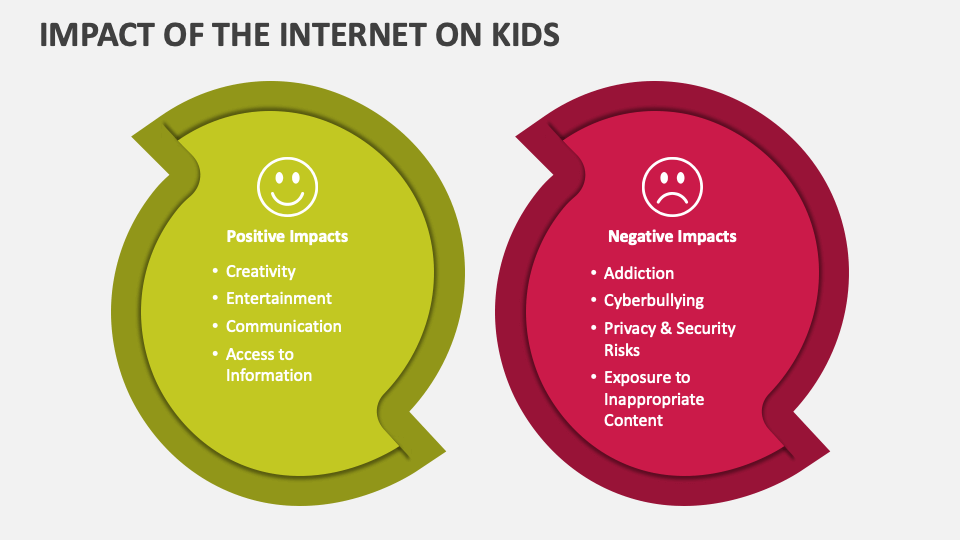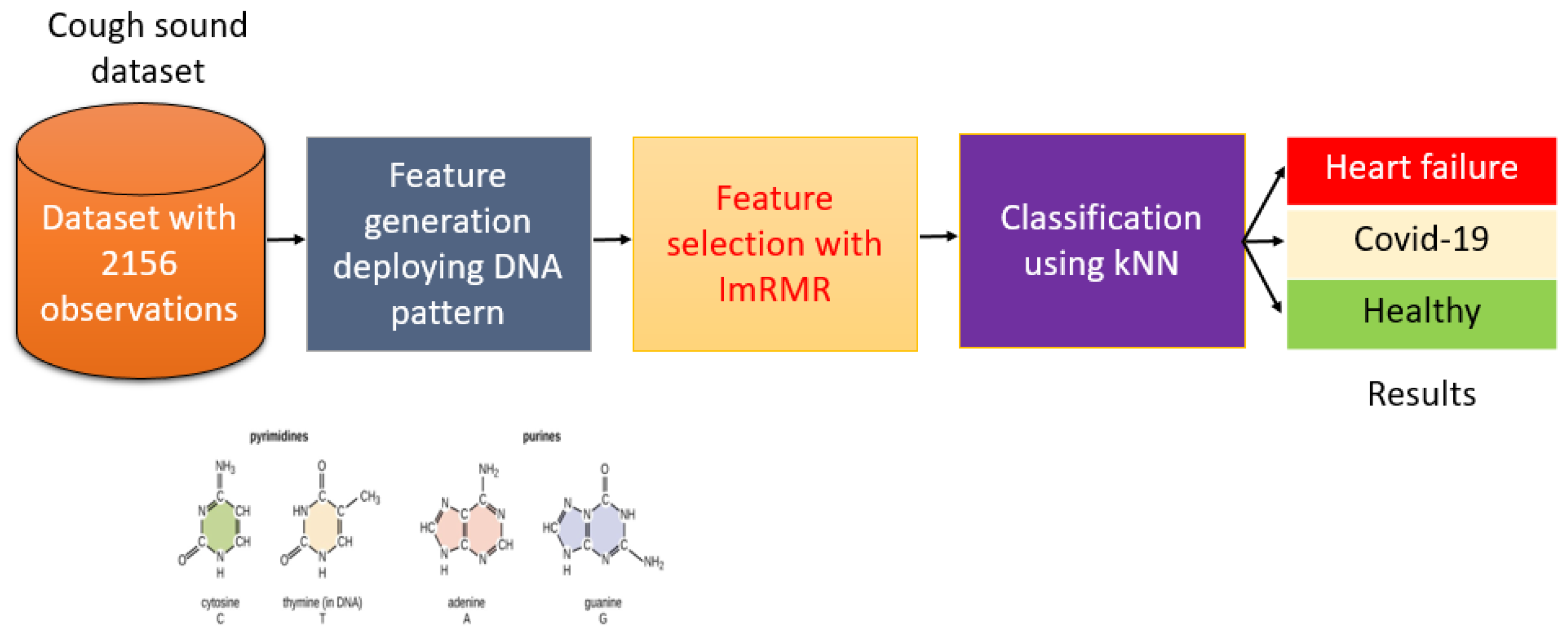Internet Usage Impact on Children: New Research Insights
The impact of internet usage on children has become a hot topic as parents and educators grapple with the implications of digital life on young minds. While some argue that excessive internet usage leads to internet addiction and adverse effects on youth mental health, others contend that it fosters creativity and connectivity. Research from credible sources, such as the British Medical Journal, indicates that claims regarding harmful outcomes, like aggression due to online gaming and negative social media effects on kids, may not be fully substantiated. With an increasing number of children engaging in online activities, understanding the nuances of their internet experiences is crucial. As the debate continues, it is vital to assess both the benefits and potential risks associated with children’s online behavior.
Exploring how digital engagement influences young individuals raises important questions about their overall development and well-being. Many parents worry about the consequences of their children’s screen time, particularly regarding internet dependency and its potential side effects on mental health. Moreover, the phenomenon of online gaming and its burgeoning popularity has sparked discussions about its impact on focus and social skills in kids. Additionally, the increasing presence of social media in youths’ lives has prompted concerns about self-image and peer relationships. The diverse facets of children’s internet experiences necessitate careful examination to determine how these networks shape their lives and identities.
Understanding the Debate on Internet Usage Impact on Children
The discussion surrounding the impact of internet usage on children has become a hot topic among researchers and parents alike. While some studies advocate for the idea that excessive internet exposure can lead to detrimental outcomes such as aggression and reduced social skills, other professionals are challenging these claims. For instance, new findings from the British Medical Journal suggest a lack of substantial evidence to support the assertion that the internet fundamentally alters the way young people think or behave. This contradiction has led to a considerable amount of ambiguity, leaving parents wondering about the real effects of internet engagement on their children.
Moreover, critics of the narrative that links excessive internet usage to harmful traits argue that the digital landscape is a part of modern childhood. They suggest that the internet can actually foster creativity, provide educational resources, and create platforms for social interaction among peers. By becoming adept at navigating online spaces, children can improve their digital literacy, which is crucial for their future. Understanding this broader context is essential in assessing how to approach children’s online activities effectively.
The Complex Relationship Between Internet Addiction and Youth
Internet addiction remains a concern for parents and experts alike, raising questions about how it can affect youth mental health. While some children may exhibit signs of dependency on online activities, such as gaming or social media, it is crucial to discern between healthy engagement and addiction. Recent data suggest that only a minority of children develop addiction-like symptoms, emphasizing that the majority can enjoy the benefits of online spaces without significant adverse effects. Recognizing the difference is important for parents when setting boundaries and understanding their child’s relationship with technology.
Furthermore, managing internet usage involves fostering open communication between parents and children about online experiences. Encouraging children to articulate their feelings around internet usage can help mitigate concerns. Emphasizing balance is key; integrating offline activities along with online experiences can create a healthier relationship with technology. By discussing internet habits, parents can help their children navigate their online worlds effectively while minimizing potential negative impacts associated with excessive internet use.
Social Media Effects on Kids: A Double-Edged Sword
Social media has become an integral part of young people’s lives, providing a platform for self-expression and connection with peers. However, the effects of social media on children can be mixed. On one hand, platforms like Instagram and TikTok allow kids to develop their creativity and connect with others. On the other hand, these platforms can contribute to low self-esteem and anxiety, particularly when children compare themselves to their peers. Recent studies indicate that exposure to idealized images and lifestyles on social media can detrimentally impact youth mental health, leading to issues such as body image concerns and social anxiety.
Despite these challenges, it is important for parents to engage with their children about social media use, to foster a healthy relationship with these platforms. Encouraging discussions around the nature of online interactions and setting clear guidelines can help children navigate social media more safely. Involving kids in conversations about both the advantages and risks linked to social media can protect their mental health while still allowing them to enjoy the connectivity social platforms offer.
Online Gaming and Children: Potential Perils or Benefits?
Online gaming has rapidly evolved into a popular hobby among children, providing not only entertainment but also valuable socialization opportunities. Many games require teamwork and communication, fostering a sense of community among players. However, concerns about aggressive behavior and impaired attention spans associated with excessive gaming persist. Studies like those from the British Medical Journal have prompted re-evaluations of these claims, suggesting that while moderation is essential, gaming itself may not be inherently harmful for most children.
Additionally, parents should aim to monitor the types of games their children are playing and the amount of time spent engaging in gaming. Collaborating with kids to establish screen time limits can help avoid potential negative effects without discounting the benefits that online gaming can offer, such as improved strategic thinking and problem-solving skills. Ultimately, guided participation alongside their gaming habits can equip children with skills to thrive in an increasingly digital world.
Navigating the Recommendations for Internet Use Among Children
With conflicting opinions about the impact of internet usage on children, parents often seek guidance on best practices for their kids’ online activities. Many experts recommend creating structured schedules that balance screen time with physical activities and offline hobbies. This balance is critical as it helps prevent potential pitfalls such as internet addiction while promoting a healthier lifestyle overall. It’s also important for parents to participate in their children’s digital lives, cultivating an environment where kids feel comfortable sharing their online experiences.
Moreover, teaching children about responsible internet use is paramount. This includes informing them about privacy concerns, the importance of digital footprints, and recognizing online dangers. By integrating educational discussions around internet safety into family routines, parents can significantly impact their children’s understanding and management of their online presence. Effective communication about these topics can empower children to make informed choices in their internet use.
The Role of Parental Guidance in Children’s Online Activities
Parental involvement is crucial in shaping children’s online experiences. Engaging in dialogues about internet use not only allows parents to convey their values but also helps children develop their own perspectives on responsible usage. It is imperative that parents stay informed about their children’s online behaviors while maintaining an open line of communication. By doing so, they can better support their children in navigating the complexities of digital interactions, knowing when to step in and when to allow autonomy.
Additionally, parents can lead by example, showcasing healthy online behavior themselves. Demonstrating a balanced approach to technology can influence children positively. Rather than solely focusing on limiting screen time, parents should emphasize educational content and constructive online activities that can provide enriching experiences. This proactive engagement can equip children with the necessary skills to thrive in a technology-saturated world.
The Importance of Research in Understanding Internet Effects
The ongoing research into the effects of internet usage on children is vital for informing parents and policymakers alike. With new studies emerging that call into question long-held beliefs about the negative impacts of excessive internet engagement, it becomes increasingly important to rely on rigorous, scientific inquiry. This research can help to clarify which claims are substantiated and provide more nuanced perspectives on the relationship between youth and technology.
Moreover, it is essential that future studies consider the diverse contexts surrounding internet usage, including socio-economic factors and individual differences among children. Increased understanding can lead to better-informed guidelines and recommendations for healthy internet use that adapt to the needs of modern youth. Continuous scrutiny and adaptability in research can help ensure that the discourse surrounding the effects of the internet remains current and relevant.
Promoting Healthy Online Habits for Future Generations
Fostering healthy online habits is crucial for the well-being of future generations. Parents, educators, and policymakers should collaborate to create comprehensive strategies that prioritize digital literacy and critical thinking skills. By teaching children how to evaluate online content and navigate virtual spaces effectively, we can empower them to use the internet responsibly while reaping its benefits. Early education on online etiquette and safe practices will lay a strong foundation for children as they grow into adolescent users of technology.
Furthermore, community programs can play a significant role in promoting healthy online habits. Activities that encourage outdoor play, face-to-face interactions, and hobbies that do not involve screens can help children learn to engage meaningfully with the world around them. These initiatives can cultivate well-rounded development, emphasizing not just online skills but also the importance of balance in life. By promoting both online and offline activities, we can create a healthier environment for children to thrive.
Future Implications of Internet Usage Research
As research into the effects of internet usage on children continues to evolve, the implications for parents, educators, and society at large are profound. Understanding the nuances of internet engagement will enable us to address the legitimate concerns while promoting the advantages that come with it. The balance lies in prioritizing context, individual differences, and constructive online experiences. Continuous dialogue among researchers, parents, and health professionals is essential to shape effective policies and practices.
In conclusion, future studies must keep pace with rapidly changing digital environments. The lessons learned regarding safe internet engagement can inform not only parenting strategies but also educational curricula. Harnessing the positive aspects of the internet while mitigating potential risks can lead to a generation of digitally fluent, balanced individuals capable of navigating their online and offline lives within a holistic framework.
Frequently Asked Questions
What is the impact of internet usage on children and youth mental health?
The impact of internet usage on children and youth mental health is still under investigation. Recent studies, such as one published in the British Medical Journal, suggest that there is insufficient evidence to verify claims that excessive internet usage leads to detrimental mental health effects. However, experts caution parents to monitor their children’s internet use and encourage healthy habits.
How does internet addiction affect children and their daily lives?
While internet addiction is a concern for some children, current research indicates that there is a lack of strong evidence linking it to severe issues in youth. The focus should be on maintaining a balanced lifestyle, ensuring that children engage in activities beyond screen time, such as physical exercise, social interaction, and hobbies.
What are the effects of online gaming on children?
The effects of online gaming on children can vary widely. Some studies argue that excessive gaming may lead to shorter attention spans and increased aggression, while others highlight the potential benefits of online gaming for skills development. The key is moderation and ensuring a balanced approach to gaming.
What are the social media effects on kids and adolescents?
Social media effects on kids and adolescents are complex and can go both ways. While there are concerns about reduced personal identity and self-esteem due to social media pressures, recent studies have shown that social interaction through these platforms can also foster connectivity and support among peers. Parents should encourage open discussions about online experiences.
Can excessive internet usage contribute to low self-esteem in children?
Excessive internet usage could contribute to feelings of low self-esteem in children, particularly if they experience cyberbullying or social comparison on social media. However, the British Medical Journal indicates that the breadth of research is insufficient to conclude definitively. It’s crucial for parents to promote healthy online habits and encourage positive self-image.
How can parents manage their child’s internet usage to mitigate potential negative effects?
Parents can manage their child’s internet usage by setting clear boundaries, encouraging breaks, and promoting a diverse range of activities outside of screen time. Engaging with their children in conversations about online content and experiences can also support healthy internet habits and mitigate potential negative effects.
| Key Points | Details |
|---|---|
| Excessive Internet Usage Claims | Research shows limited evidence of negative impacts on children and youth. |
| Susan Greenfield’s Claims | Greenfield asserts internet use leads to autistic-like traits and aggression, but lacks sufficient evidence. |
| Support from UCL and Oxford | Researchers challenge Greenfield’s claims, supporting the British Medical Journal’s findings. |
| Parental Confusion | Ongoing debate leads to uncertainty among parents about internet effects on children. |
| Future Research | Expect further studies to clarify the impact, if any, of internet usage on children. |
Summary
The internet usage impact on children has been a contentious topic, with claims of detrimental effects being challenged by recent studies. According to the latest findings from the British Medical Journal, there is insufficient evidence to support the notion that excessive internet use adversely affects children and adolescents. While critics like Susan Greenfield raise concerns about social skills, identity, and aggression associated with heavy internet usage, these claims have been refuted by scientific research from reputable institutions such as University College London and the University of Oxford. As new studies emerge, it remains crucial for parents to stay informed and critically evaluate the evidence regarding the internet’s effects on their children.








